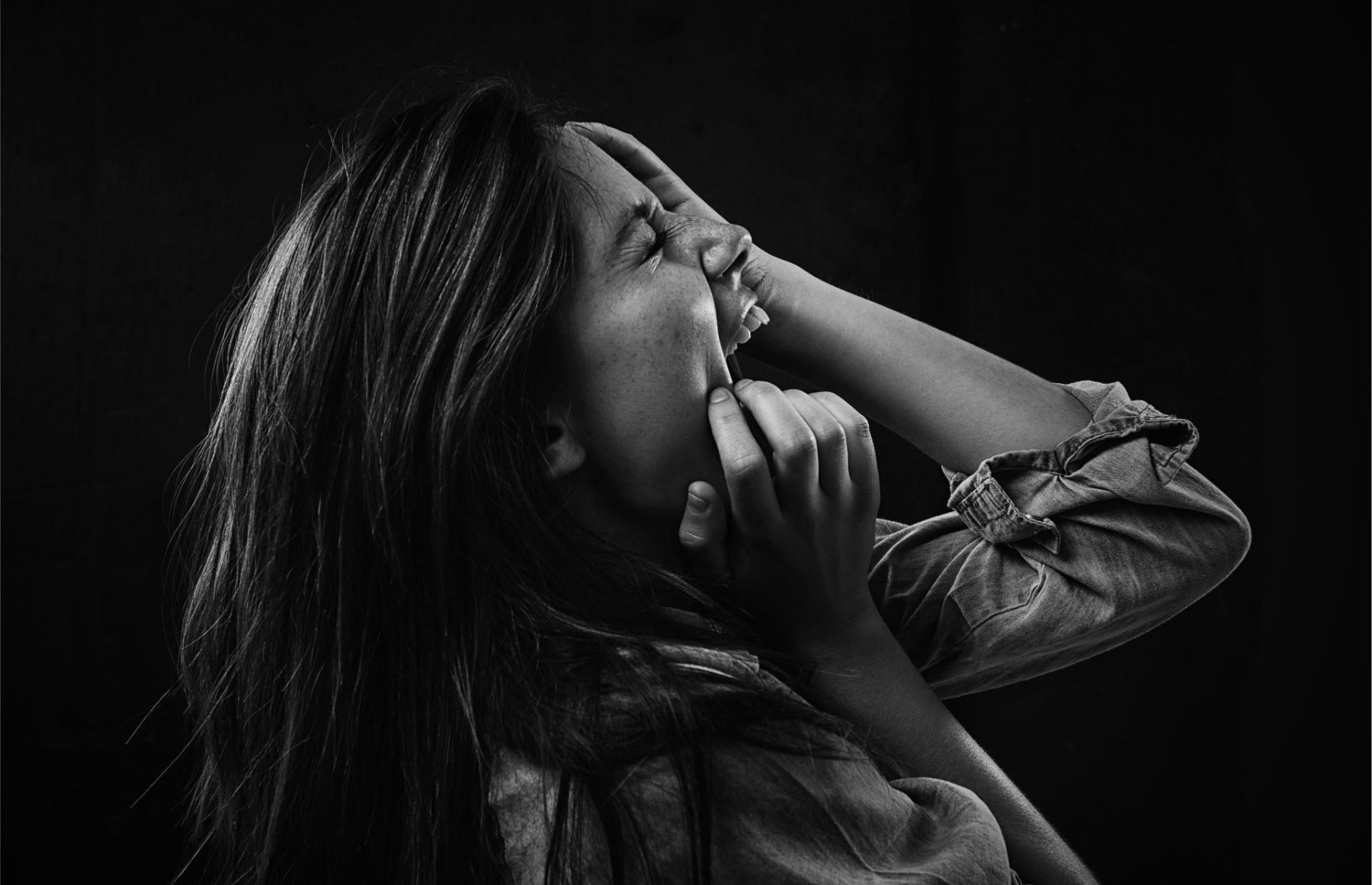“Nothing is wrong with you” or “Could it be that you don’t want to get better?” were frequent responses that Elissa Bassist would get from medical doctors. From 2016 to 2018, she averaged two or three weekly visits to doctors, seeking help for undiagnosed chronic pain. Bassist is an American essayist, humor writer and author of the memoir “Hysterical,” in which she blends personal and scholarly research in a powerful social commentary on a culture that dismissively labels women as such. She joined Riada Asimovic Akyol to talk about misogyny in the medical system and big tech, (mis)representation of women in the media and “the many facets of what women endure in our lives in terms of silencing.”
Bassist starts the conversation by explaining why today there is a greater risk of misdiagnosis and improper treatment for women in health-related situations. Most medications are not tested on women, and those that are do not for example account for the four phases of the menstrual cycle. Inappropriate medication dosages can result from man-size tests that are deemed “human” and “universal,” and adverse drug reactions on women can ensue because of possible overmedication. The research shows that about 70 percent of patients with medically unexplained symptoms today are women.
As Bassist argues, hysteria has throughout history been deemed “a medical condition, a mental condition, an emotional condition, a spiritual condition.” There is a centuries-old history behind “hysteria,” which served as a “wide-ranging diagnosis” for women. Bassist explains how the Greeks thought that having a uterus was “the origin of all disease” and cause of abnormal demeanor; the Egyptians were the first to use the term; in medieval times a woman would be labeled “diseased” for what Bassist points as “emotional outbursts” and “an unidentifiable illness.” During the Renaissance, women would be labeled a “witch,” and by the 19th century, the term evolved into a “nervous hysteric.” In the 20th and 21st centuries, it has emerged as a discrediting characterization for all sorts of women’s (re)actions. While the meaning has changed throughout the years, Bassist asserts that the expression has served the same purpose of demonizing “women’s pain and suffering, and their thoughts and feelings.” The American Psychiatric Association removed “hysteria” from the Diagnostic and Statistical Manual of Mental Disorders only in 1980.
Here is how Bassist powerfully describes in her book why for women, even more for Black women and women of color, raising one’s voice continues being an uneasy challenge:
“Vocal, dependent, sentimental, irrational, neurotic, imbalanced, insane, hysterical, psycho, melodramatic, theatrical, hormonal, oversensitive, overemotional, unwell, unstable, fragile, irritating, infuriating, manipulative, vindictive, mendacious, clinical. These blur together in the indiscriminately applied label, until women who feel and express feeling are associated with madness and sickness, until “vocal” is a symptom.”
Listen to the conversation to hear the wider angle of the scientifically proven physical pain from silencing women and their self-silencing, the femicides ensuing from related “rejection violence” and a culture that still nonchalantly disqualifies women’s opinions or their human emotions. Bassist clarifies that her opposition is not to all men but to patriarchy as “long-held beliefs that privilege one group’s perspective over everyone else’s perspective.” She highlights the power of individual and collective reckoning with repressed fears — sharing examples like expressive writing or saying “no” more, as a matter of self-advocacy. It is available wherever you listen to podcasts or on YouTube here.“Wider Angle” is produced and hosted by Riada Asimovic Akyol.
Sign up to our mailing list to receive our stories in your inbox.


